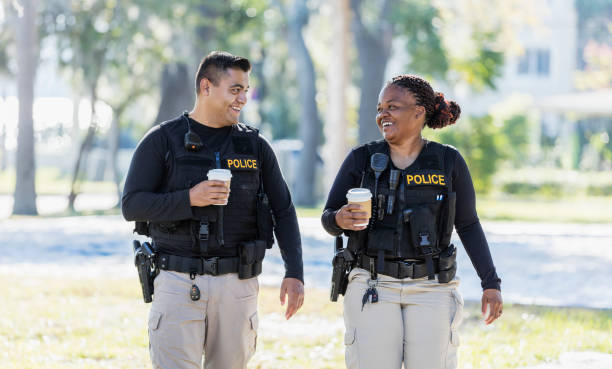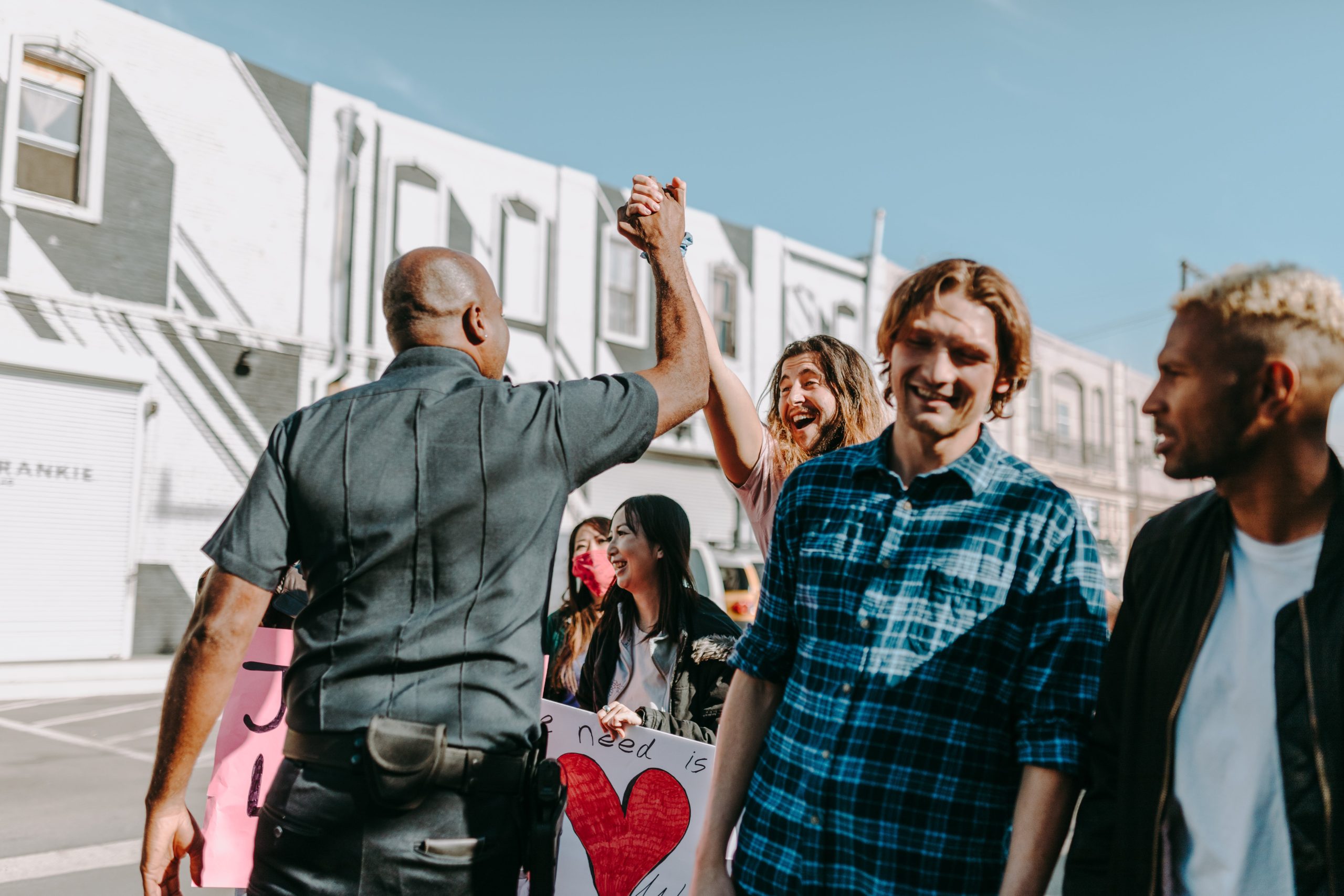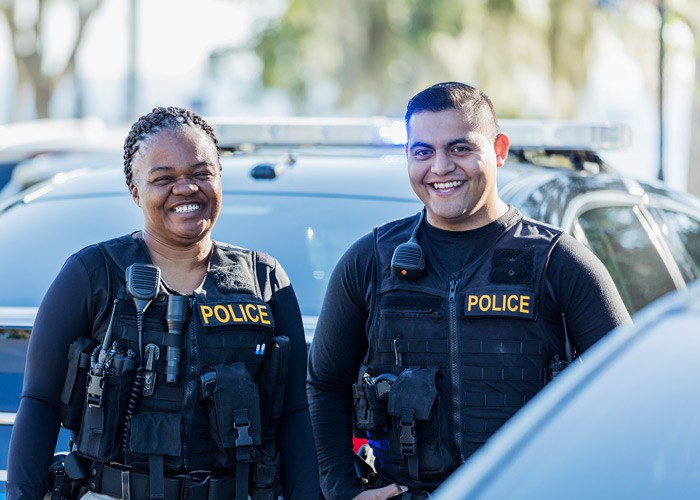Employee engagement: Understand your officers
Law enforcement leaders across the country are focused on improving retention and job satisfaction among police officers. With recruitment challenges and many officers leaving the field early, agencies are searching for effective ways to engage employees. Robust employee engagement strategies that meet officer needs can significantly move the needle on retention.
Communication & culture
Open, ongoing communication between leadership and officers builds trust and mitigates issues before they escalate. In a Police Executive Research Forum survey of almost 8,000 officers, effective communication from management was one of the top drivers of morale [1].
Captain James Miller of the Raleigh Police Department holds regular “cop to captain” meetings. “Giving officers an open forum to share ideas, concerns and feedback directly with leadership has strengthened communication and culture,” he said. After implementing the meetings, Raleigh saw voluntary resignations decrease by 35% over two years.
Similarly, Chief David Faust of Madison Township implemented monthly “Coffee with the Chief” events. He emphasizes that “understanding what matters to them from leadership helps me lead.” Faust also started a peer support team and encourages leaders to “regularly show face and interact” with officers.
Recognition & appreciation
When officers feel their dedicated work is overlooked, resentment can build. 41% of officers surveyed see lack of recognition from supervisors and the community as a major contributor to low morale [1].
Simple recognition like “officer of the month” awards or peer-nominated awards like “hardest worker” or “best community policing initiative” can greatly boost morale. Chief Brian Brady of Scarsdale PD says, “Making recognition tangible through events and awards reinforces pride and camaraderie.”
In Fort Collins, notes of appreciation from leadership highlighting specific instances of excellent work have made a difference. “Our officers put themselves in harm’s way daily. Taking time to recognize both big and small acts reinforces officers’ sense of purpose,” said Chief Jeff Swoboda.
Professional development
Investing in officers’ continuous skills building and professional growth demonstrates commitment to supporting career progression. This strengthens retention, especially among younger officers seeking advancement opportunities.
In Arvada, the police department partners closely with local community colleges to offer reduced tuition rates for officers. Chief Link Strate explained, “We incentivize professional development by covering 50-100% of tuition for officers pursuing criminal justice degrees.”
A 2021 study found that 96% of officers receiving employer tuition assistance for higher education degrees stayed on the job longer [2]. The Madison Township PD rotates high-potential officers through a variety of special assignments like detective work, K9 training, SWAT, and community liaison roles to support professional growth.
Health, safety & wellness
The mental and physical toll of police work is extremely taxing. Prioritizing holistic officer wellness through health initiatives and safety measures conveys the message that the department cares about officers as people first.
Yoga, meditation, nutrition counseling and other wellness offerings are growing in popularity. For example, Austin PD built an on-site wellness center offering a wide array of health resources. Vancouver PD has an embedded mental health clinician to support officers’ emotional well-being.
Proactively addressing officer safety also affects engagement. Two-thirds of officers killed in 2021 died in traffic accidents [3], prompting departments like Colorado Springs to upgrade vehicle safety features. “Installing anti-collision tech in patrol cars shows we’ll invest in protecting their safety,” said Chief Adrian Vasquez.
Work-life balance
Long shifts and overtime can negatively impact officers’ mental health and family connections. Building a supportive culture around work-life balance and time off improves well-being.
In Glendale, leadership emphasizes taking vacation time as sacrosanct for both leaders and officers. Chief Daniel Slaughter shared, “If we don’t role model work-life balance as a command staff then we can’t expect the organization to embrace it.”
The Des Moines PD has invested in technologies like online reporting to help officers complete administrative tasks efficiently. Chief Dana Wingert explained, “Streamlining workflows through technology means officers spend more time in the community versus paperwork.”
Putting people first
While pay and benefits contribute, research shows engaging officers requires a holistic focus on meeting their needs and strengthening the culture [4]. As Chief Brady put it, “If we demonstrate genuine care for our officers as human beings, the rest – including retention – will follow.” Proven strategies around communication, recognition, development, safety/wellness and work-life balance are critical to understanding and supporting your officers.
Officer Survey for insights
Distributing an annual Officer Survey to solicit direct feedback is one powerful tactic to drive insights. Confidential surveys uncover concerns leadership may be unaware of and provide a baseline to track engagement levels over time. Analyzing results also reveals which initiatives positively impact retention, guiding effective resource allocation. By giving every officer a voice, surveys facilitate data-driven understanding of challenges and opportunities to better support the police force.






